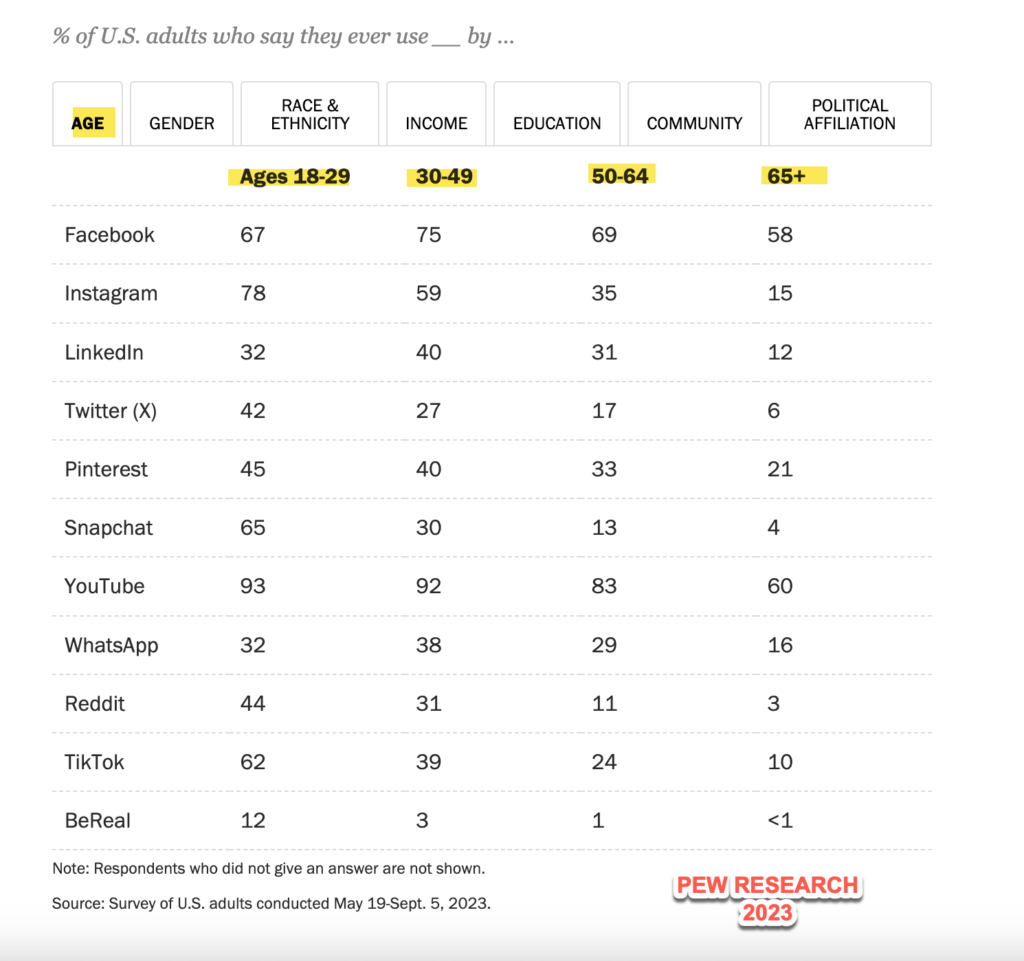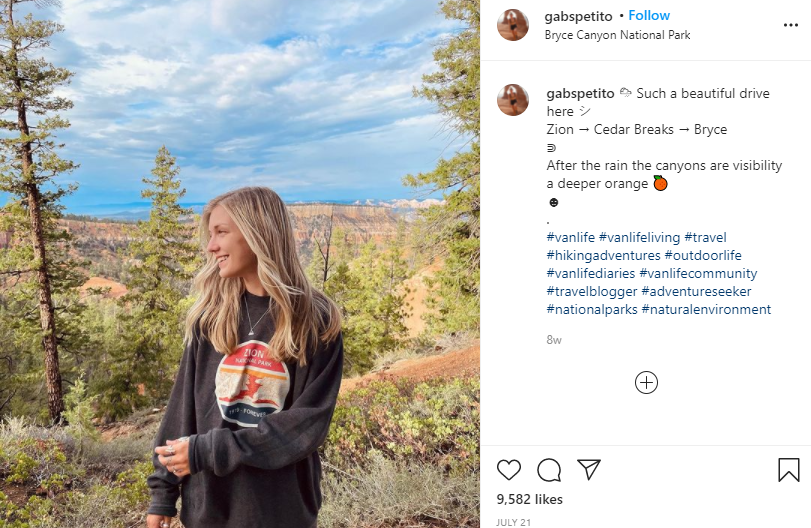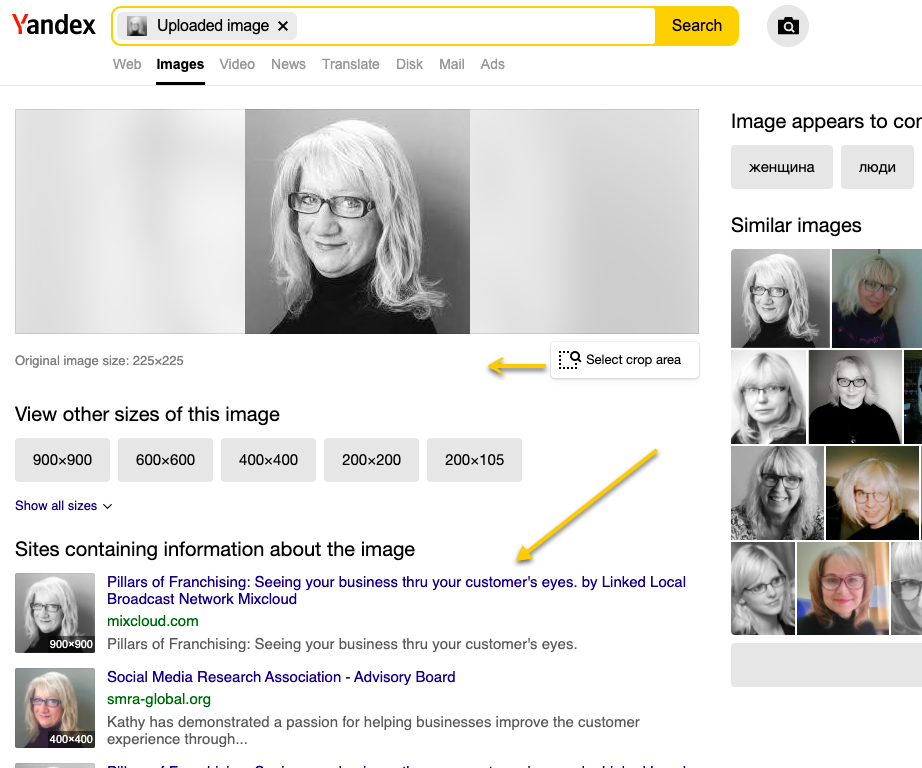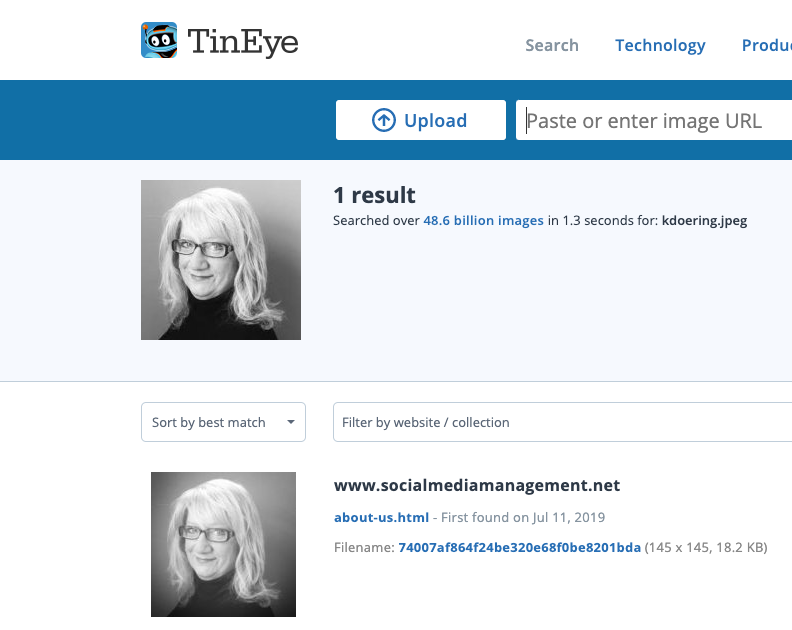
Photo: medium.com
One of the most fascinating aspects of social media for me has always been the psychological angle or behavioral science to it all. Behavioral science is a field that analyses human behavior. It focuses on observing, describing, explaining, predicting, and modifying behavior through systematic observation and manipulation of environmental variables. This can be applied to social media in various ways. Marketers have been doing it for years~ profiling users of social media to better advertise their products or services. In fact, social media can even be used to better understand population dietary behaviors. The review identified 34 studies involving social media analysis (SMA). They took a deep dive on alcohol consumption, dieting and eating away from home behaviors. Twitter was predominant with data sets in tens of millions.
This is nothing new for OSINT researchers, Investigative Journalists, Law Enforcement, and Private Investigators. We have learned just how much you can discover through various platforms from finding a missing child to uncovering financial fraud and everything in between.
We like to start off by examining the age of the person and which platforms they are more likely to be on.
Demographics of Platforms: AGE

The recent data from Pew Research may suggest we should pay closer attention to certain social media platforms based on age. YouTube and Facebook still remain the top two most used platforms across all demographics. This data is a good place to start and may help to uncover different usernames that can later be used to identify other platforms.
Understanding User Behavior
Behavior analysis can be used to study how individuals interact with social media platforms. Researchers can observe and analyze user behavior patterns, such as the frequency of posting, types of content shared, and interactions with others (e.g., likes, comments, shares). How much influence does the user have? Which friends or followers seem to interact with the user the most? In what capacity?
Clues in a Post
- Location: Posts may contain information about a person’s location, such as check-ins or geotags, which can be used to verify alibis or track movements.
- Relationships: Posts may reveal a person’s relationships with others, such as friends, family, or acquaintances, which can be used to identify potential suspects or witnesses.
- Activities: Posts may provide information about a person’s activities, such as hobbies, interests, or daily routines, which can be used to establish patterns of behavior or gather evidence of illegal activities.
- Emotions: Posts may reveal a person’s emotions, such as anger, sadness, or happiness, which can be used to assess their mental state and motivations.
- Communications: Posts may contain messages, comments, or other communications with others, which can be used to identify potential witnesses or suspects, and to gather evidence of criminal activities.
Body Language
Technically, body language refers to the nonverbal signals that we convey through our physical movements and gestures, which are typically seen in person. However, in social media videos, you can still convey nonverbal cues through your facial expressions, tone of voice, and posture.
For example, facial expressions can show enthusiasm or sadness, change the tone of your voice will convey different emotions, and gestures may be used to emphasize certain points. Voice inflections can be a sign of stress or anxiety.
Studying a social media post’s background can be very telling as well. For example, a cluttered or messy background may communicate disorganization or lack of attention to detail, while a professional or clean background may communicate professionalism and attention to detail.
Social media posts can provide valuable clues in an investigation, as they can reveal a person’s thoughts, emotions, activities, and connections with others.
There are and will continue to be a wide range of reasons to pay close attention to social media for an investigation of any kind.







